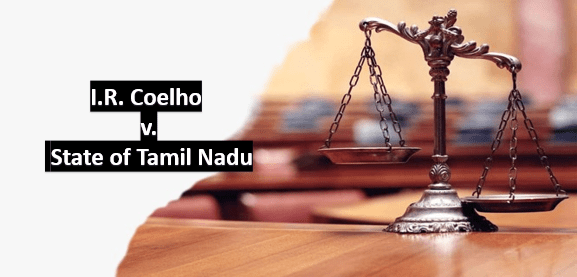
Title: L. Chandrakumar v. Union of India
Case Citation: (1997) 3 SCC 261
Court: Supreme Court of India
Date of Decision: March 4, 1997
Parties:
Petitioner/Appellant: L. Chandrakumar, an advocate and a member of the Bar Council of Tamil Nadu
Respondent/Respondent: Union of India
Judge:
Justice J.S. Verma
Justice S.P. Bharucha
Justice S.C. Sen
Facts:
The petitioner, L. Chandrakumar, challenged the constitutional validity of certain provisions of the Advocates Act, 1961, which allowed for the establishment of “Tribunals” to deal with disciplinary matters concerning advocates.
The petitioner contended that the establishment of such tribunals infringed upon the independence of the judiciary and violated the doctrine of separation of powers.
Issues:
Whether the establishment of tribunals to deal with disciplinary matters concerning advocates under the Advocates Act, 1961, was unconstitutional on the grounds of violating the independence of the judiciary and the doctrine of separation of powers.
Arguments:
Petitioner’s Arguments:
The petitioner argued that the establishment of tribunals, which were not part of the regular court system, impinged upon the independence of the judiciary as they were not subject to the same level of judicial control.
It was contended that the power to adjudicate disciplinary matters concerning advocates should exclusively vest in the judiciary to ensure fairness, impartiality, and adherence to the principles of natural justice.
Respondent’s Arguments:
The respondent, Union of India, argued that the establishment of tribunals for disciplinary matters concerning advocates was a valid exercise of legislative power.
The establishment of tribunals aimed to expedite disciplinary proceedings and ensure a specialized forum for dealing with such matters.
Decision:
The Supreme Court of India upheld the constitutionality of the provisions allowing for the establishment of tribunals under the Advocates Act, 1961.
Key Rationale:
The Court recognized that the establishment of tribunals to handle disciplinary matters did not violate the independence of the judiciary or the doctrine of separation of powers.
It held that the Advocates Act, 1961, provided for adequate safeguards to maintain the independence and impartiality of the tribunals. These safeguards included the requirement of judicial members and legal professionals being part of the tribunal’s composition.
The Court opined that tribunals provided a more efficient and specialized forum to address disciplinary matters concerning advocates, ensuring timely resolution of cases.
It was noted that the power to establish tribunals was a legislative choice, and the Court would not interfere unless there was a clear violation of constitutional principles.
Judgement
The Supreme Court dismissed the petition and upheld the constitutionality of the provisions allowing for the establishment of tribunals under the Advocates Act, 1961. The Court held that the establishment of tribunals did not violate the independence of the judiciary or the doctrine of separation of powers.
This article is written by Vyakhya Baweja of Amity Law School, Noida.




0 Comments